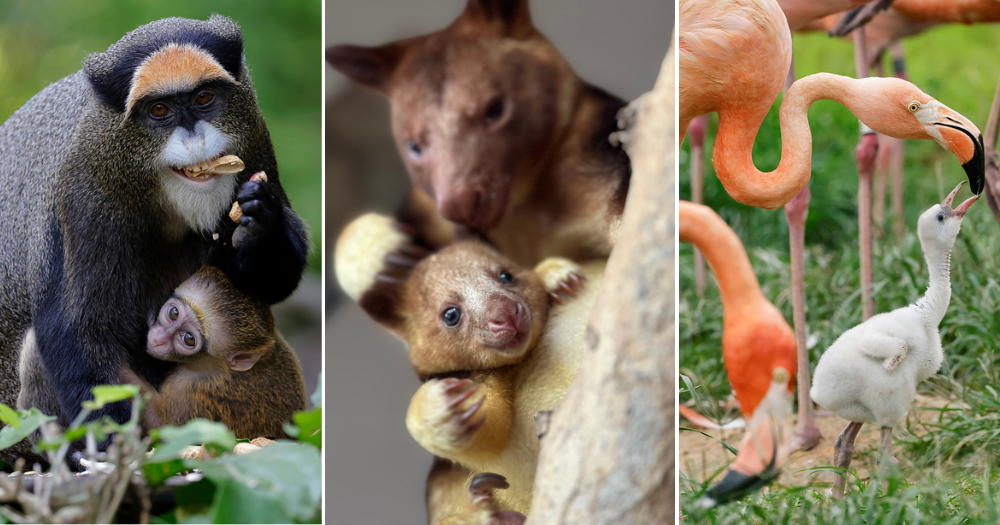Bird Paradise, Night Safari, River Wonders and Singapore Zoo collectively welcomed 970 babies across 128 species in 2023.
This is the highest number of births and hatchlings at Singapore's wildlife parks in the past decade, and 70 more than in 2022.
29 of the 128 species are listed as "threatened" under the International Union for the Conservation of Nature (IUCN), including the red ruffed lemur, douc langur, Celebes crested macaque and Roti snake-necked turtle.
19 species are also part of internationally managed breeding programmes, such as the European Association of Zoos and Aquaria’s (EAZA) Ex-Situ Programme.
Many babies
2023 started off with the birth of Adi, a Celebes crested macaque.
It is among the world’s 25 most endangered primates, and there are fewer than 6,000 individuals left in fragmented habitats today.
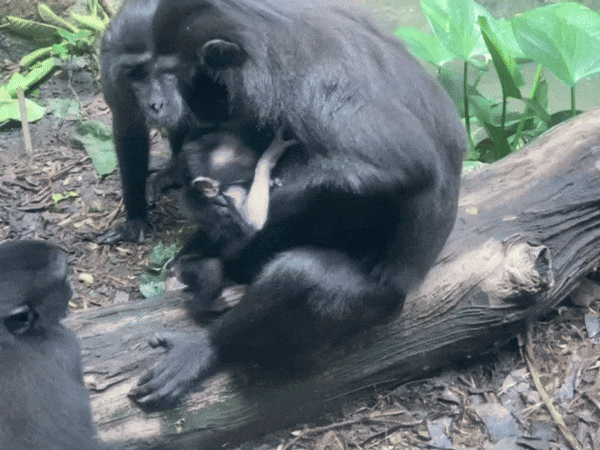 Video from Mandai Wildlife Group
Video from Mandai Wildlife Group
February also saw the birth of twin male red ruffed lemurs, a critically endangered species threatened by illegal hunting, pet trading, and habitat loss.
Reproduction for this species is particularly difficult as they only breed once a year, and females are only fertile for one out of the few days they are sexually receptive.
The Singapore Zoo also welcomed their first purebred green and black poison dart frogs, and the first Roti snake-necked turtle hatchling.
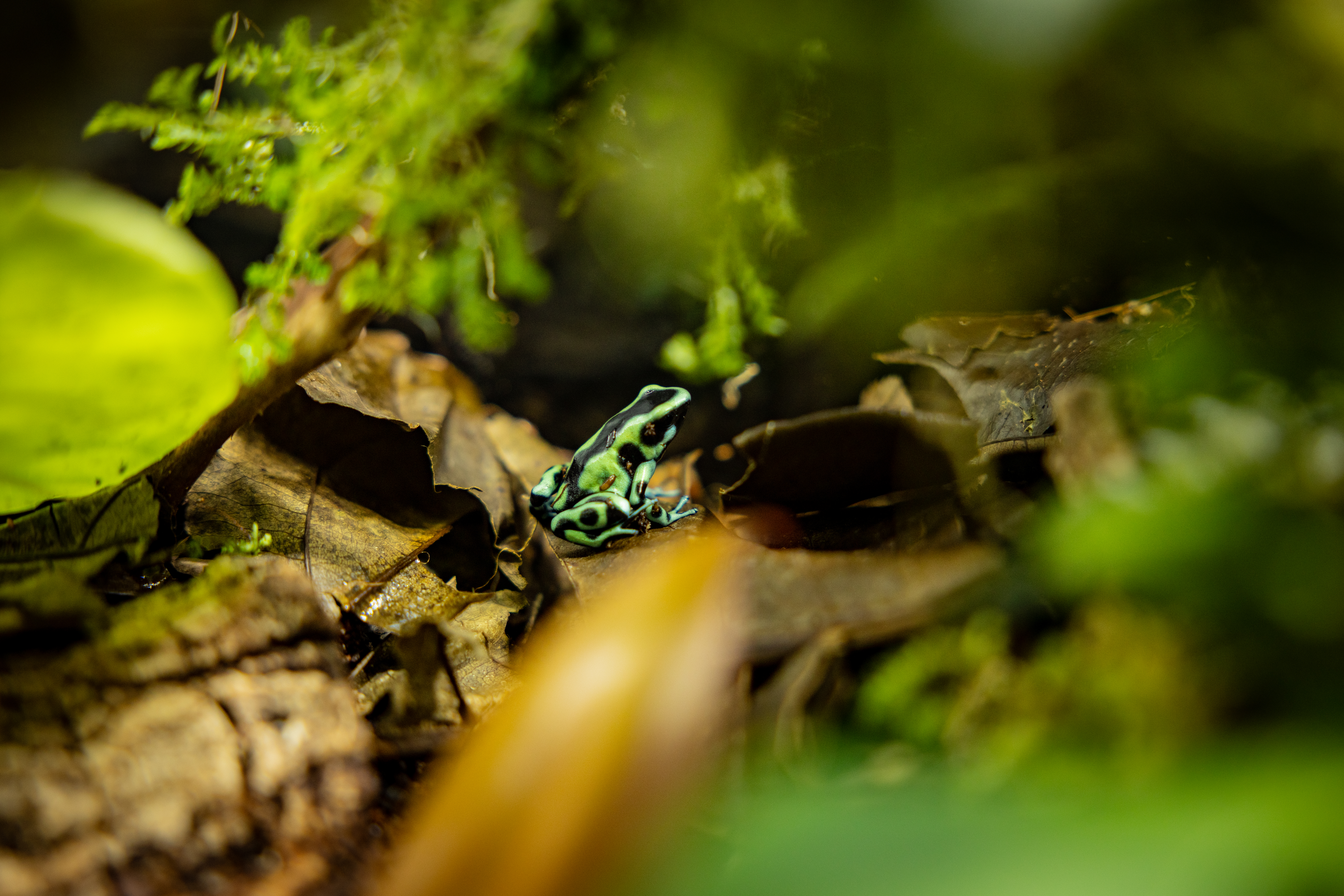 Photo from Mandai Wildlife Group
Photo from Mandai Wildlife Group
Bird Paradise, which opened in May 2023, had first-time hatches for the Madagascar crested ibis, Brazilian teal, Vietnam pheasant, as well as the Negros bleeding-heart dove.
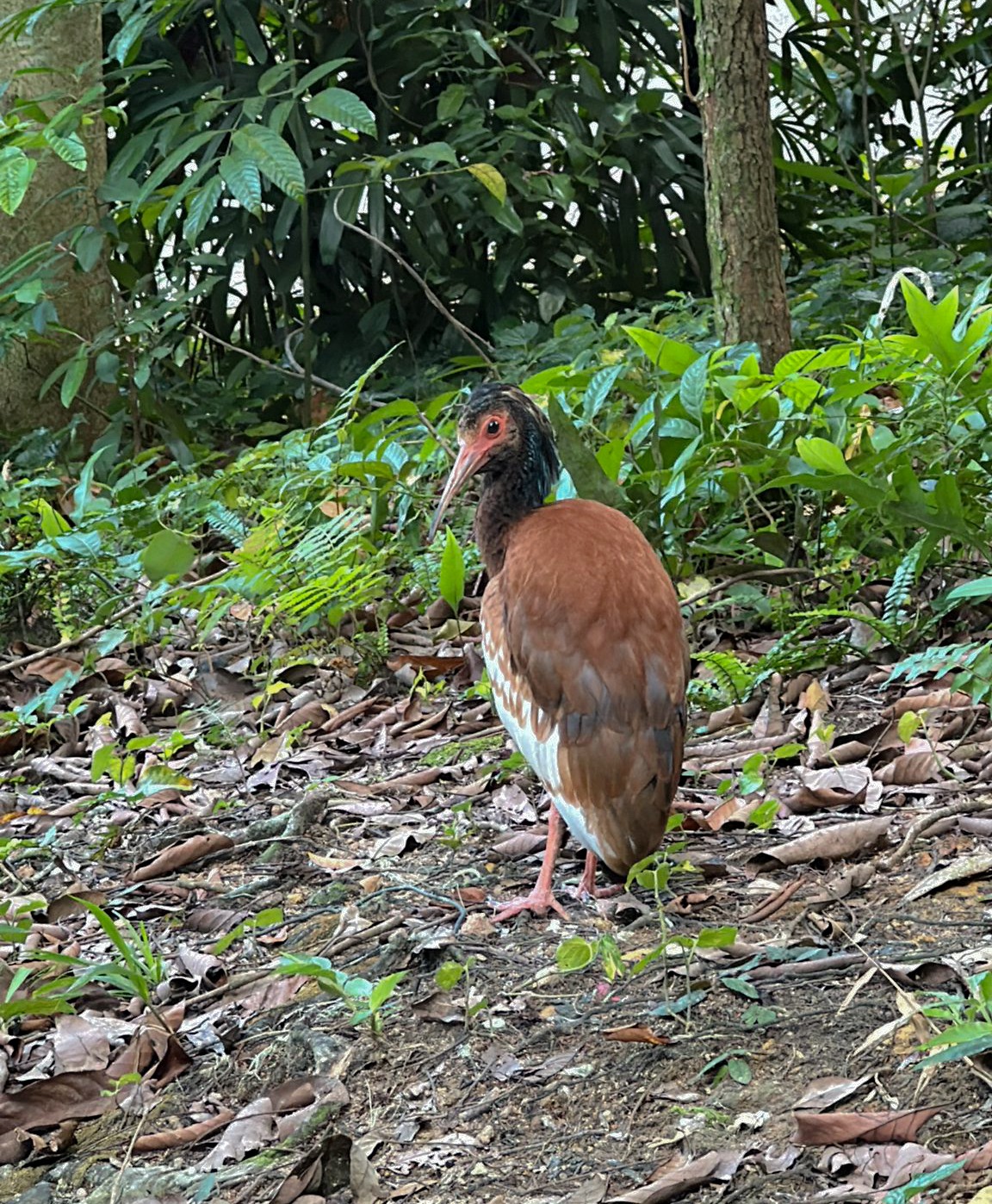 A Madagascar crested ibis chick. Photo from Mandai Wildlife Group
A Madagascar crested ibis chick. Photo from Mandai Wildlife Group
The latter is a rare species that can only be found in the wild in the Philippines, and Bird Paradise is the first and only zoological institution outside the country to hold the species.
In November 2023, Bird Paradise also welcomed its first American flamingo chick in over 25 years.
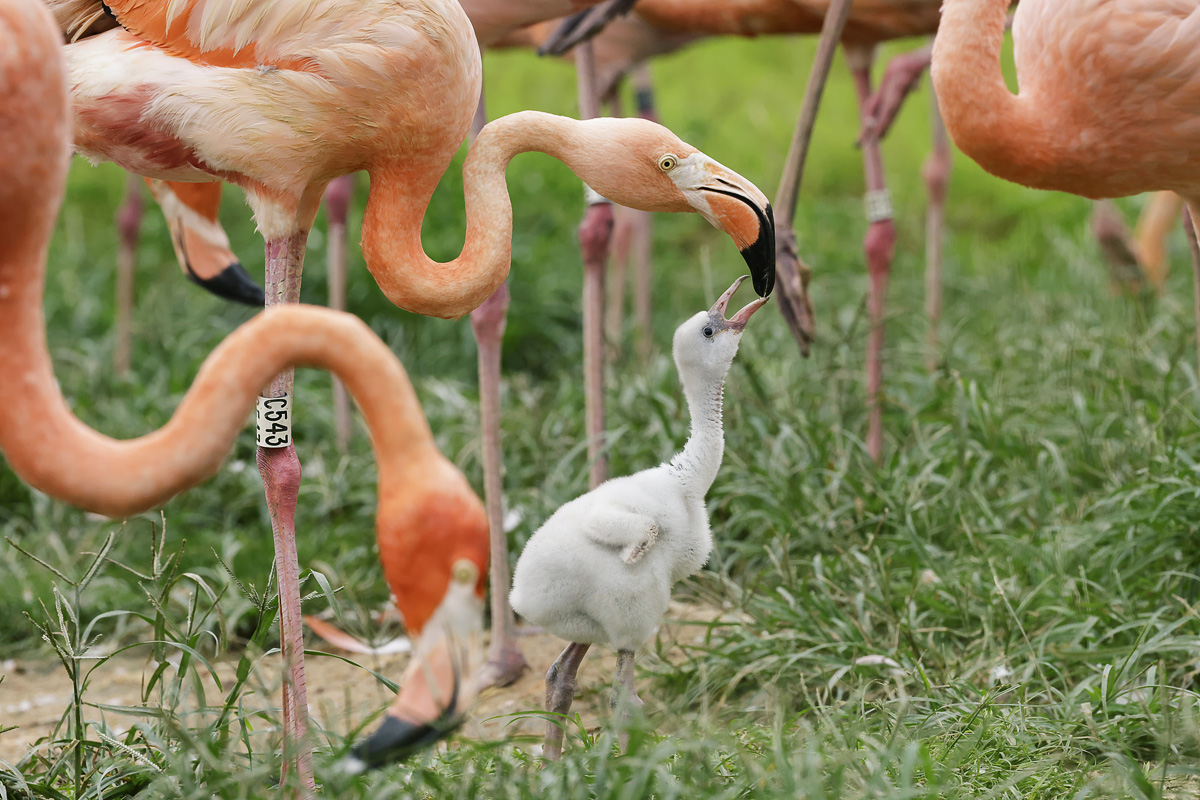 Photo from Mandai Wildlife Group
Photo from Mandai Wildlife Group
Other species which saw additions to their families include the Goodfellow’s tree kangaroo, the African painted dogs, and River Wonders' West Indian manatee.
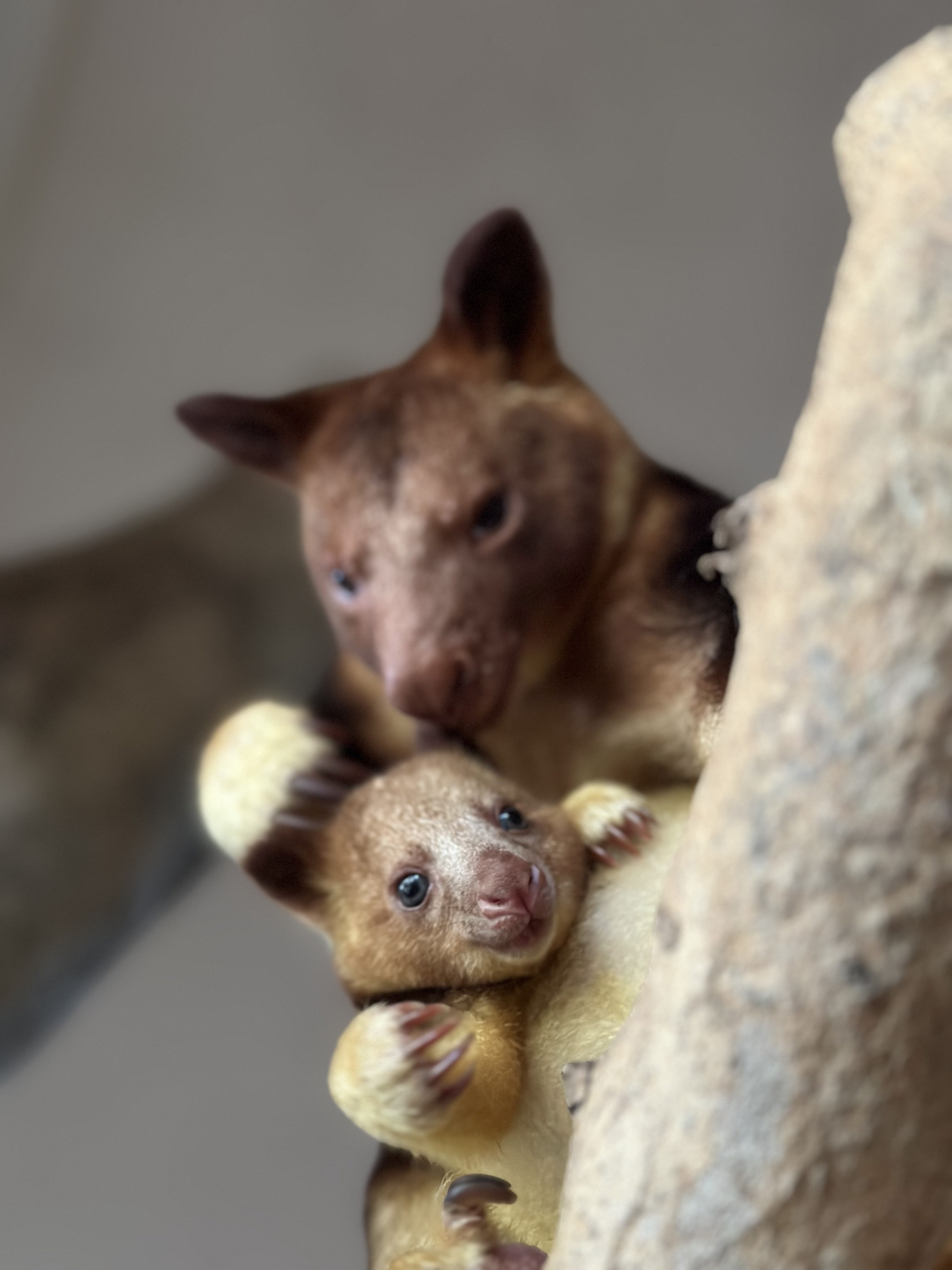 Photo from Mandai Wildlife Group
Photo from Mandai Wildlife Group
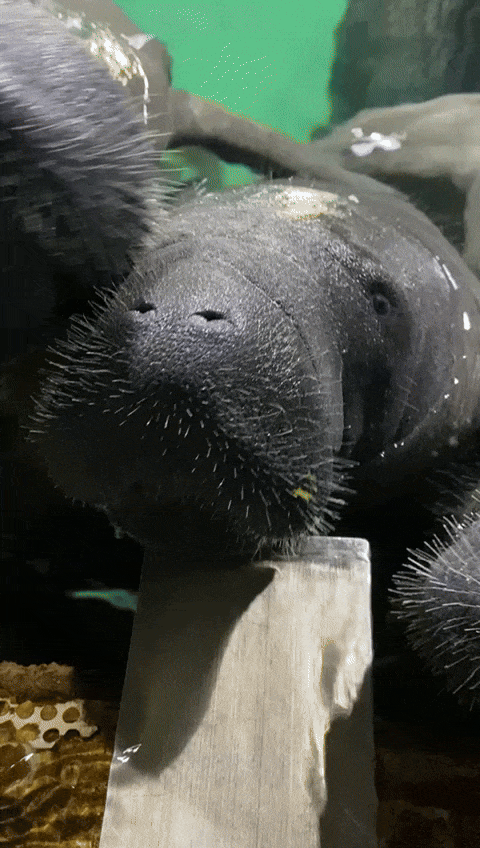 Video from Mandai Wildlife Group
Video from Mandai Wildlife Group
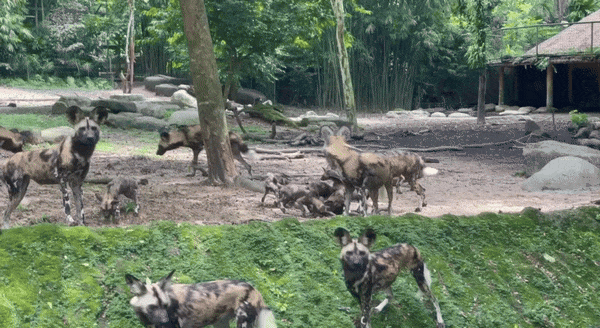 Video from Mandai Wildlife Group
Video from Mandai Wildlife Group
"Every new addition to our wildlife family is special, as each birth and hatching contributes towards nurturing healthy, sustainable populations of species under human care," said Cheng Wen-Haur, Deputy CEO and Chief Life Sciences Officer of Mandai Wildlife Group.
"Many of the species we breed also have significant impacts in preserving biodiversity and protecting wildlife," he added.
Top photo from Mandai Wildlife Group
If you like what you read, follow us on Facebook, Instagram, Twitter and Telegram to get the latest updates.

